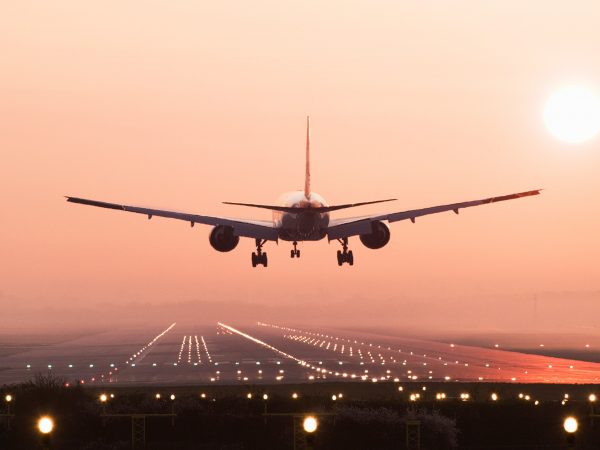
What Every International Traveler Needs to Know
The short and sweet version of the TSA’s requirements for traveling with firearms is that guns, along with ammunition, must be properly stored in checked baggage and must be declared upon checking your baggage. Remember to declare again when you come back into the US. For more detail, check out our post on flying with a gun.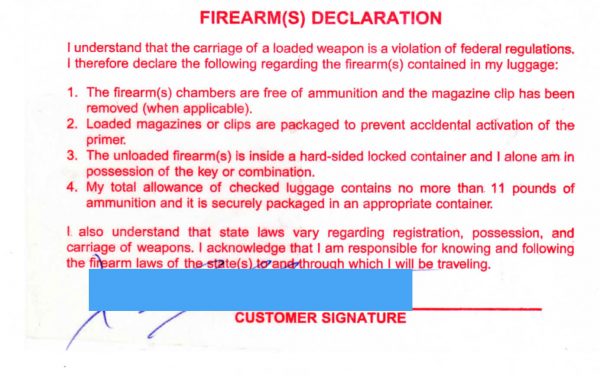
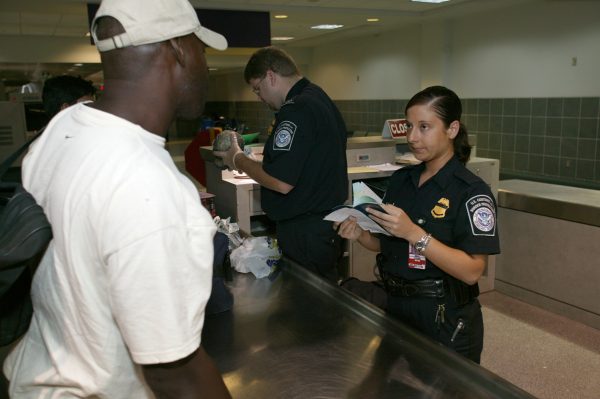
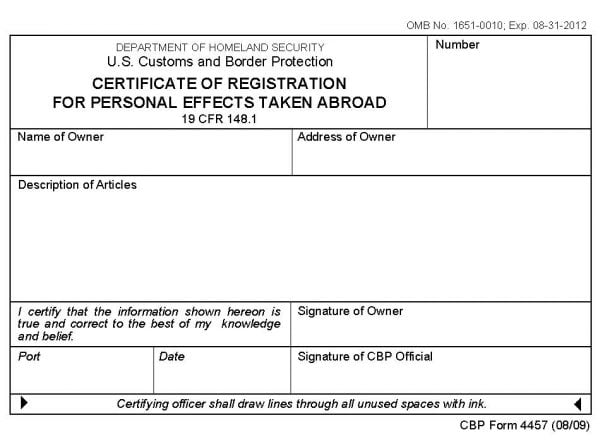
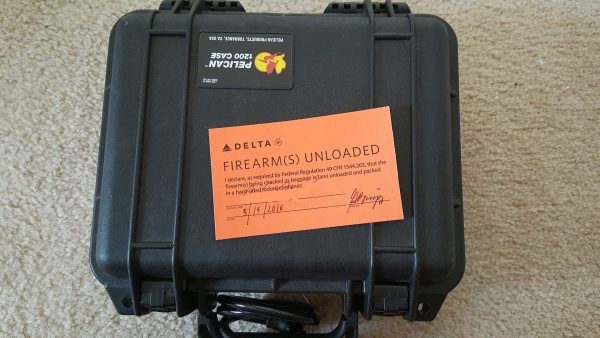
Firearms in Foreign Lands
We’ve covered what you need to know to leave and re-enter the United States, but what about in between? US Customs officials, TSA agents, and airline staff aren’t checking to see if your possessions can be legally imported to your destination. That’s not their job, and like everyone else, they’re not just hopping at the opportunity to do things they aren’t getting a paycheck for. The fact that they let you go will not stop you from being detained, fined, or arrested by customs when you attempt to bring your firearm with you in violation of your destination country’s laws, and law enforcement won’t find “I didn’t know” to be a valid excuse.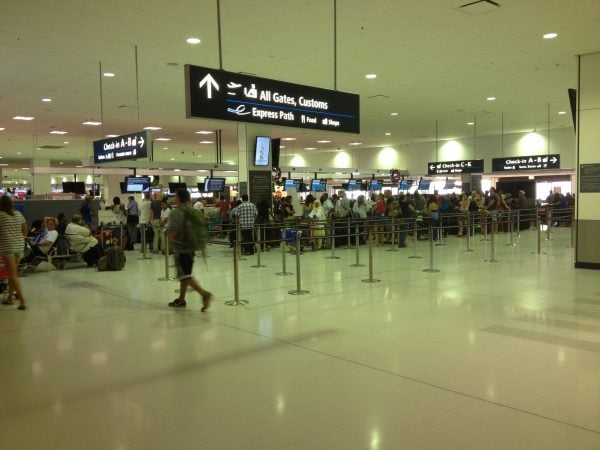
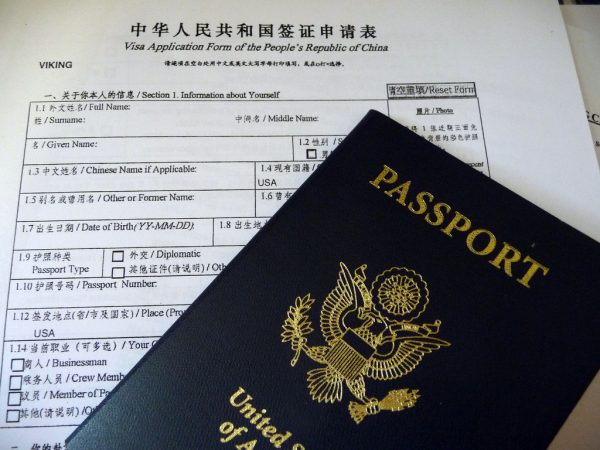

Making the Process Easier
This is a lot of information to gather, and some documentation, including the EEI, can take some time, so it is vital that you start getting it together sooner rather than later.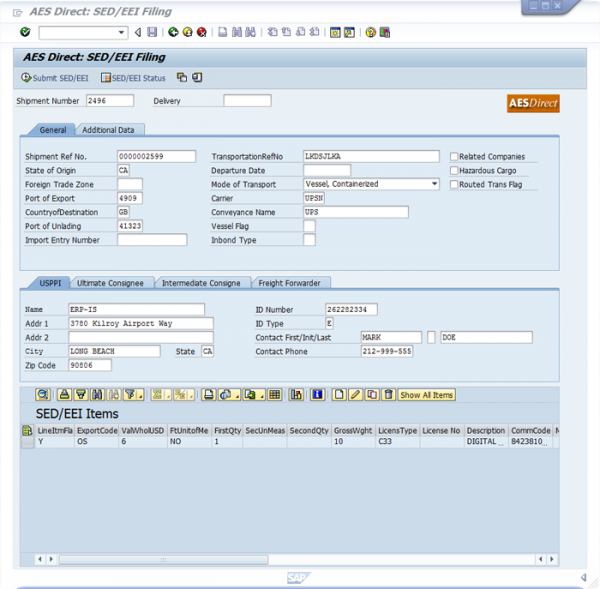
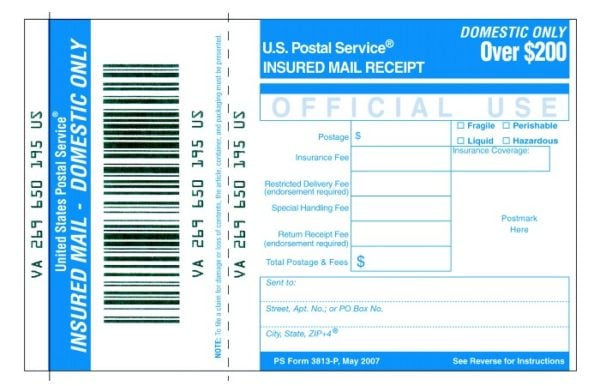
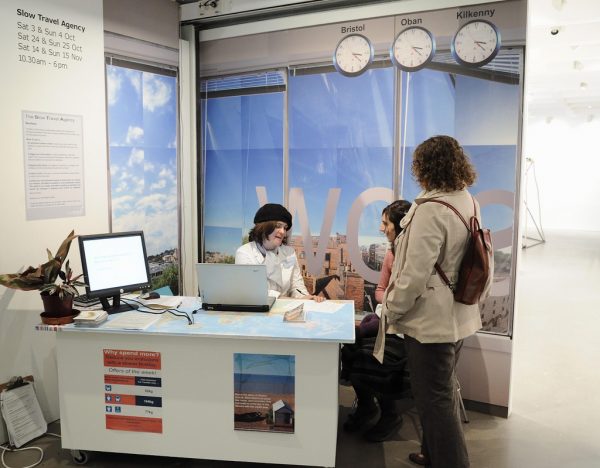
Wrapping Up

- Don’t forget the TSA’s requirements,
- Remember to fill out your Form 4457 and file your EEI,
- Contact an embassy or consulate to find out what firearm related laws are,
- Simplify your trip as much as possible to minimize your work and avoid complications.

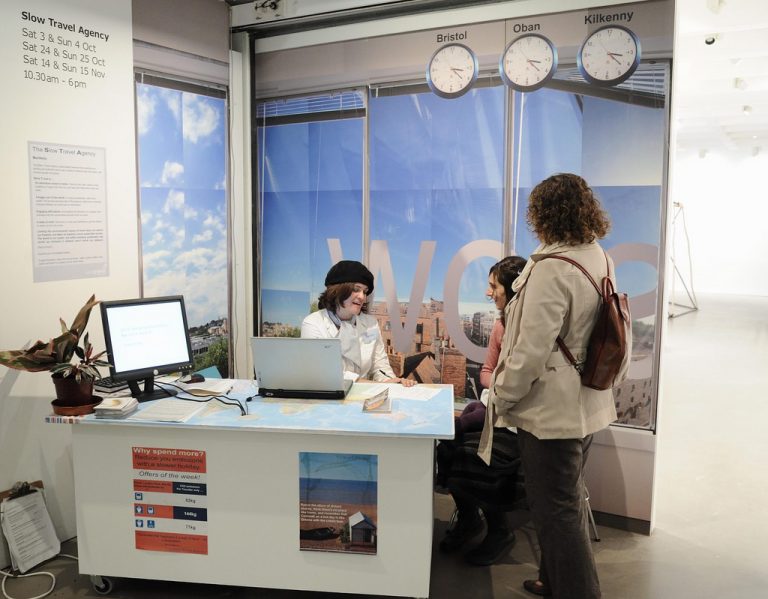







14 Leave a Reply
I am not able to file up an EEI . They ask me to make export account. I don’t like this, because I’m not exporter, I have just my own firearms.
I plan to sail my boat from the US to other countries (Canada, Mexico, Central America, beyond?). I know every county has different rules regarding firearms, but I am interested in having a pellet gun on board rather than a weapon that uses actual cartridges. Are pellet guns generally regarded the same as a weapon that uses cartridges?
Hi everyone,
I conceal carry every day in the U.S. everywhere that it is legal for me to do so. I have permits and/or reciprocity for most of the United States. I'm literally on a plane right now with my firearm checked in and riding in cargo below me.
I also travel internationally often but have never considered taking my firearm with me on any inteenational trips.
This article is very helpful. Can anyone add any information they have been able to find?
Thanks,
MavEryck
Just woke up from a bad dream that I was on a flight to Turkey and noticed that I still had my concealed carry on. At first I was happy and then terrified at what to do next.
There’s no good options in that dream, glad I woke up.
Hey everyone! I am going to apply for those forms before taking my personal pistol and hunting gun I bought for my dad to Africa in January. I'll let you guys know about my experience.
How did it go? Which African country and what process did you follow? Did you have to return with the guns as you said you bought one for your dad. If you did not return with the gun, what was your reason? I'm trying to do same and will like to hear about your experience. Thanks
Where do you go to file an EEI? Airport? I can't seem to find a website? Same for the 4457 can it be done at the airport when leaving?
You probably found this by now, but just in case... I found the 4457 form at the U.S. Custom site on this page: Form 4457 - Certificate of Registration for Personal Effects Taken Abroad
Yourself, by online or find a broker.
Option 1
The quickest option would be to have a Broker or Authorized Agent file all of the Electronic Export Information on your behalf. If you are not a US citizen and do not have a US Social Security Number then this will be your only option for obtaining an ITN.
You can locate a broker on the CBP website below:
Option 2
Alternatively, you may register on the Automated Commercial Environment (ACE) and file this information for yourself.
Option 1
The quickest option would be to have a Broker or Authorized Agent file all of the Electronic Export Information on your behalf. If you are not a US citizen and do not have a US Social Security Number then this will be your only option for obtaining an ITN.
Or
Option 2
Alternatively, you may register on the Automated Commercial Environment (ACE) and file this information for yourself.
You can locate a broker on the CBP website “ find broker”
"You will also need to file electronic export information (EEI) via the Automated Export System (AES) before you leave the country."
Great article! However, could you please expand on the filing of an EEI? I researched and it is not as clean cut as I thought it would be. Gets a bit confusing. ...at least to me. Can I as an individual get this done? Do I have to hire a company to do it for me? etc.
Thank you in advance!
I have never traveled internationally with my firearm, although I carry daily in the U.S. and have traveled extensively internationally. I have taken a domestic flight to a firearm training facility and it was fairly easy. I am wondering if Italy and/or Panama has laws restricting carry (open or concealed). I am planning trips to both countries.
Awesome story, great info